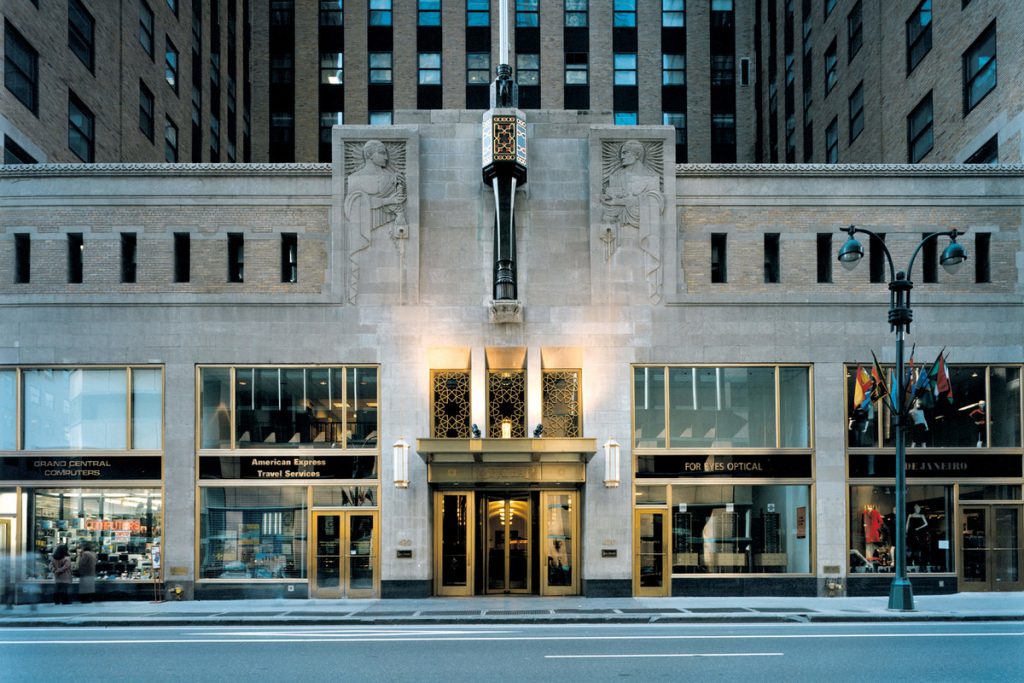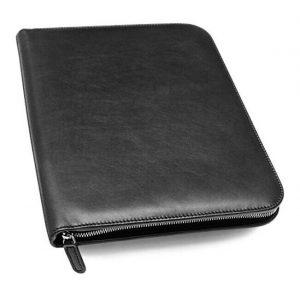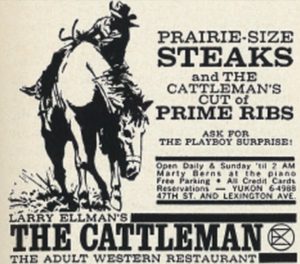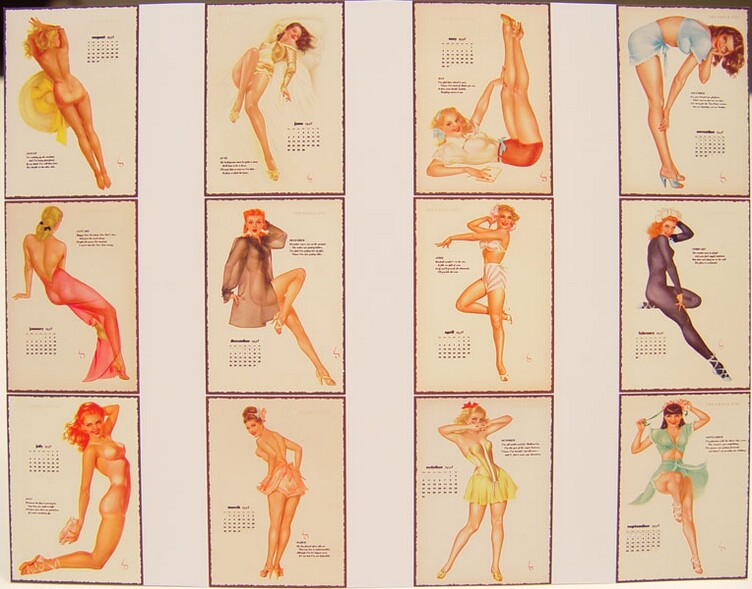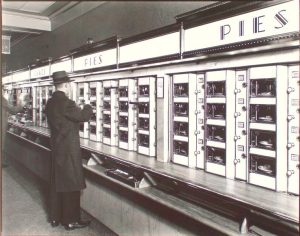My mother had connections with New Jersey politicians and businessmen through her position at the Newark Athletic Club. Among them were the officers of People’s Express Trucking, and she got me a summer job with People’s the year I turned 17. Once, she had thought she might get me an appointment to West Point through the same connections, but that dream disappeared when I started screwing up in high school.
As background, problems at Schlitz’s Milwaukee brewery have impacted production, and the company is shipping, by rail, a few million empty beer cans for filling. The role of People’s Express is to get the cans off the freight cars, onto trailer trucks, and then to the local brewery. My role, and that of several other youths, is to do the actual work.
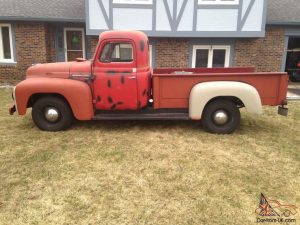
International Harvester, Cars-from-UK.com
The first day, we meet with our crew chief at the People’s Express offices on Raymond Boulevard. Three of us will drive an International Harvester pickup truck daily to the railroad yards in Williamsburg, Brooklyn; the others will drive in with the crew chief in his car. I volunteer to drive the truck, I’ve had my license for almost three months now, I like driving and have lots of confidence. (I was unaware that by law one must be 18 to drive in New York City, the issue never came up.)
The Williamsburg rail yards are about 15 miles away: across the Jersey swamplands, through the Holland Tunnel, across lower Manhattan, over the Williamsburg Bridge, then on through Brooklyn to the yards.
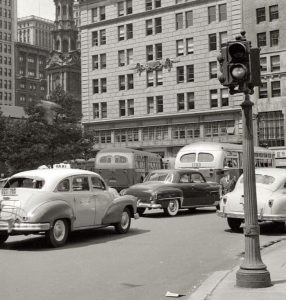
Red and green together mean yellow
Traffic lights in Manhattan come in two colors , red and green. If the red comes on during a green, that’s the same as a yellow, act accordingly. The system worked fine; I don’t know why they changed it.
The Williamsburg bridge is old and narrow, it was built for horse-and-buggy traffic. It’s difficult to drive through the tighter spots without scraping a running-board; I do that about once a week.
On the return trip to Newark, the traffic is generally worse.
Canal Street across Manhattan is always stop and go;, when it’s bad we seem to tie for speed with the pedestrians. One day we are neck-and-neck with a gorgeous woman walking with a man, they get ahead, we get ahead, as we breathe teenage sighs and make comments among ourselves about her ass. Uh-oh, he’s heard us! He walks up to the passenger window. What if he has a knife?! He speaks… “Would you boys like to fock her?” Relieved, we explain that no, we have to get back to Newark.
One day we are stuck inside the Holland tunnel for so long that we unzip and piss into the vents along the curb.
In the rail yards, freight cars are jockeyed around to align their center doors with our work platform. There are 48 empty 12-ounce Schlitz cans in each cardboard case. After we build a pallet of 35 cases (seven tiers, five cases per tier, 3 x 2 then 2 x 3, alternating), we use a pallet jack to get it into a trailer, 28 pallets per trailer; lather, rinse, repeat, it isn’t rocket science. I think we filled about three trailers a day.

Not beer, but you get the idea
We fall into a routine; on our morning break we have grape soda and pastries or pie. At lunch, we buy sandwiches and more grape soda, or beer, then sit on the end of an East River dock to look over at the Manhattan skyline or watch what floats by. A visitor from England once said about the East River, “All you Americans seem to do is defecate, fornicate, and eat oranges.” I would have said bananas.
We are sometimes drunk. The college guy has a ‘bit’ he does, I guess it’s a fraternity thing. He stands in the middle of Kent Avenue, drops his pants, and shouts “I KNOW ABOUT THAT, LADY, BUT WHAT ABOUT THIS?” Near the end of the summer he falls out of a freight car and breaks his arm.

Our truck has an on-the-floor gear shift, nothing new to me, but I’ve been using it wrong. Believing it’s a standard H pattern, I think I am shifting 1-2-3, 1-2-3 like normal people do, when actually I’ve been shifting 2-3-4, 2-3-4 for two weeks. So far, I’ve never needed reverse. One day they send me to get something at the hardware store. I park behind someone, and when I try to back up to leave, what is reverse for normal H people is actually low-low for me, and I keep creeping up on the car ahead. I finally go back inside and ask for help. The guy behind the counter comes out to show me, and I learn that I also have to push the stick down at the same time to get over and down to R. Ohh, I say, thanks! When I get back to the yards no one is the wiser.
We work six days a week and when the loadings seem to get behind, we are asked to come in on a Sunday. People’s Express manager Mr. Bruno drives up in his top-of-the-line baby-blue Cadillac to help us, parking next to our platform. He’s wearing sandals and some sort of crotchless wrap-around terry loincloth, and that is all. Every time he bends over, his nuts hang out. Two NYPD officers arrive, they see Mr. Bruno’s outfit and look at one another. They are here on a blue-law complaint, non-emergency labor is not allowed on Sunday. Mr. Bruno tries to talk them out of it, but oddly enough gets no respect; we pick up and go home.
We finally run out of empty cans, but there is still some summer left. People’s is nice enough to transfer the crew to the Continental Can Company, which I guess is some sort of sister company that shares directors with People’s. Continental Can, whose logo of three nested C’s can be found everywhere, is located in Paterson, New Jersey. Here, we are introduced to the Steam Jenny.
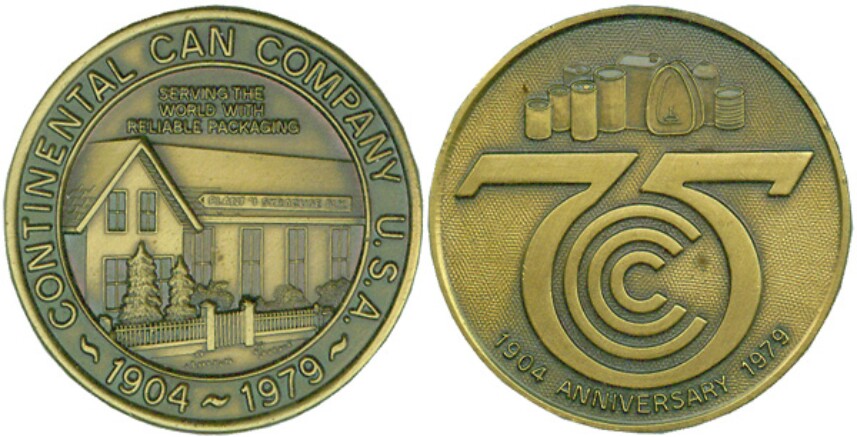
Part 2: My summer of Jenny
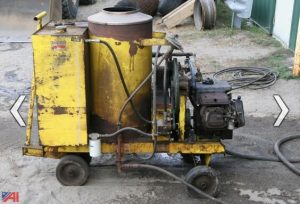
Modern pressure cleaner, used. Courtesy Auctions International
A 1950s-era steam jenny burns kerosene to boil water to make steam to clean dirty trucks and whatever else. It’s dangerous, and if you don’t get burned by steam, or knocked off your ladder by the nozzle kickback, it might blow up because you neglected some element of its care and feeding. Attention, attention must be paid to such a machine; this is drummed into our heads over and over by a wizened yard worker who seems genuinely afraid of the thing. Jeez, we get it, enough! Maybe he’s seen some steam-jenny carnage in his day.
We train by using the jenny to blast steam up and down the sides of a particularly dirty trailer; we use a housepainter’s ladder to get on top and clean there too. The company finds enough jenny work for us to last out the summer; we are careful, and somehow we survive.
From Google, top answer to steam jenny safety tips
People also ask
Can a pressure washer cut your finger off?
Because he received near immediate treatment at the emergency room he was able to keep his index finger, although some of its function was lost. It doesn’t matter if the fluid is water, grease or paint – all can cause permanent damage and even amputation when injected at high pressure.
Through the summer, we have been paid as grown men; we even get time-and-a-half for overtime. Those paychecks spoil me for going back to school: why return to pointless boredom when I can be earning money instead? I don’t attend school very much during my senior year, and I drop out towards the end. I do stop in to pick up my yearbook, though, and years later I have an observant visitor who wonders why no one ever signed it. That’s a long story, I say.









